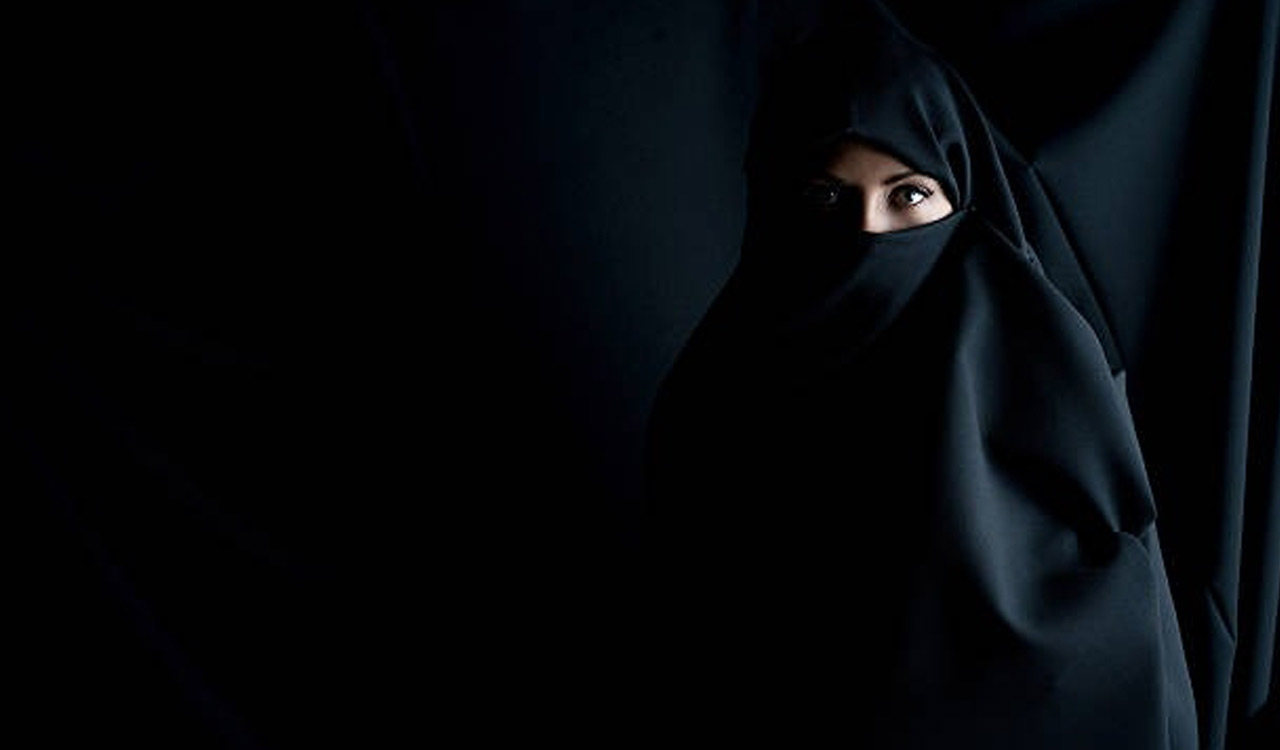The petitioners, a 24-year-old Muslim woman and a 23-year-old Hindu man, had sought protection of their ‘lives and liberty’, mentioning that their e-application for marriage registration was pending.
Updated On – 14 March 2024, 09:16 AM

Prayagraj: The Allahabad High Court has said that live-in partners are bound by provisions of the Uttar Pradesh Prohibition of Unlawful Conversion of Religion Act, 2021, as much as legally married interfaith couples.
The High Court said that a pair that got married through Arya Samaj rituals as a ‘live-in couple’ should go through the established registration procedure.
The petitioners, a 24-year-old Muslim woman and a 23-year-old Hindu man, had sought protection of their ‘lives and liberty’, mentioning that their e-application for marriage registration was pending.
Justice Renu Agarwal said that as the petitioners’ families had not lodged any complaint, there was no challenge to their relationship.
The High Court dismissed the plea for protection over the couple’s failure to abide by the anti-conversion law.
The state, too, opposed the plea, saying they never applied for religious conversion. It argued that a Muslim woman could not marry a Hindu man through Arya Samaj rituals under the Hindu Marriage Act.
Considering their status as a live-in couple, the High Court said the anti-conversion law mandates applying for religious conversion not only in cases of interfaith marriage but also “in a relationship in nature of marriage”.
“So, it is not considered desirable that the relation of the petitioners be protected in contravention of statutory provisions of a law passed by the legislature,” the High Court said.




